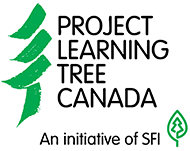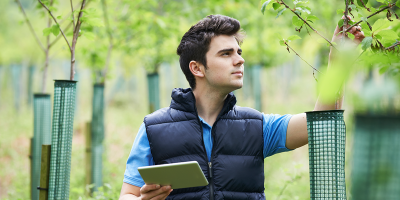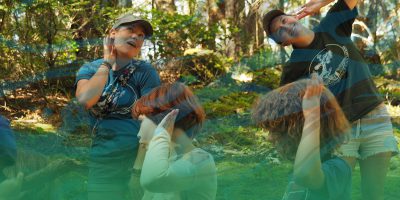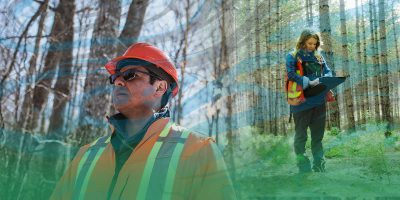Career Fact Sheets
Park Ranger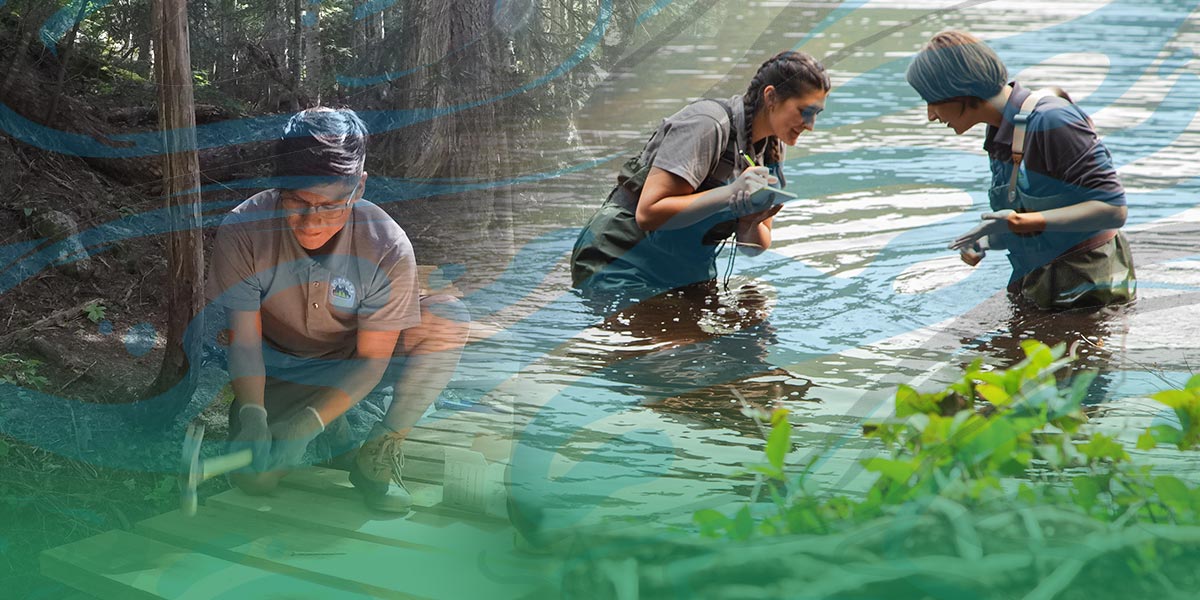 Photos: BC Parks, a PLT Canada Green Jobs employer. Park rangers are passionate about protecting the environment, wildlife, and park visitors. They patrol and enforce rules and regulations. Most park rangers work for federal, provincial, or territorial agencies. Similar positions to a park ranger
Did you know?PLT Canada has supported over 700 park positions across Canada since 2018. Is it right for me?Park rangers love the outdoors. They also work indoors when preparing reports or doing other administrative tasks. They need good interpersonal and communication skills to keep park visitors safe. Park rangers are leaders who can take charge in emergencies. Take our Green Jobs personality quiz Park ranger salarySalaries vary by province and territory as well as by years of experience. The average is $40,000 to $55,000. Related work experience
Park ranger education*While some positions require only a high school diploma, most park ranger positions require an undergraduate degree or technical diploma in a field like conservation enforcement, natural resource management, outdoor education, or forestry. College
University
VolunteeringVolunteering is a great way to gain experience. Other trainingTo become a park ranger, you may also need to take special training, like first aid or public safety training. You may also need a driver’s licence and be physically fit.
*Not a complete list of resources. More resources |
